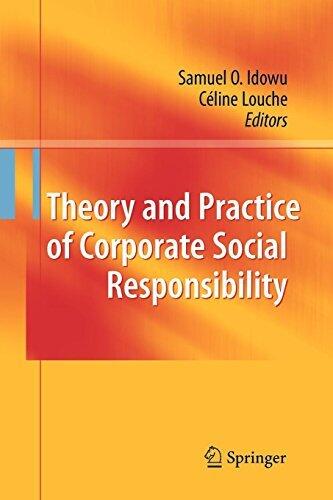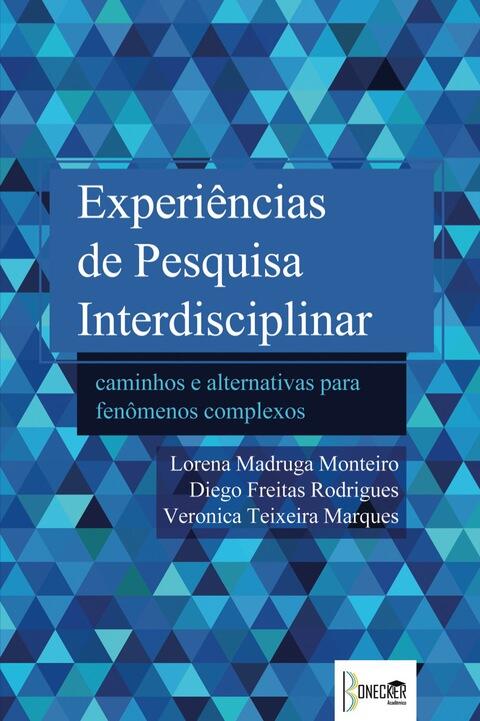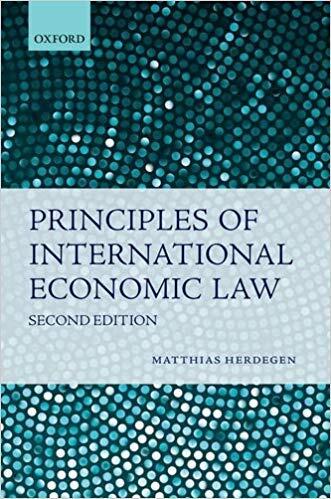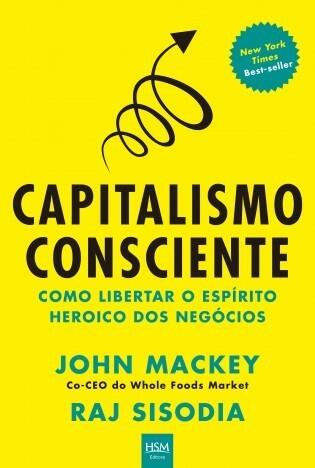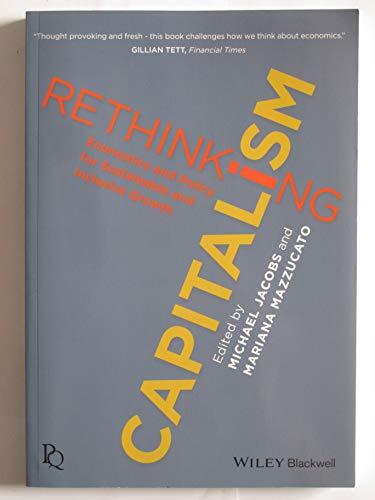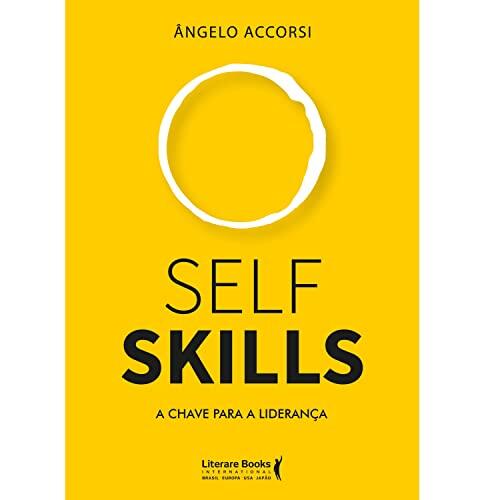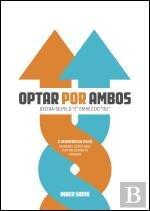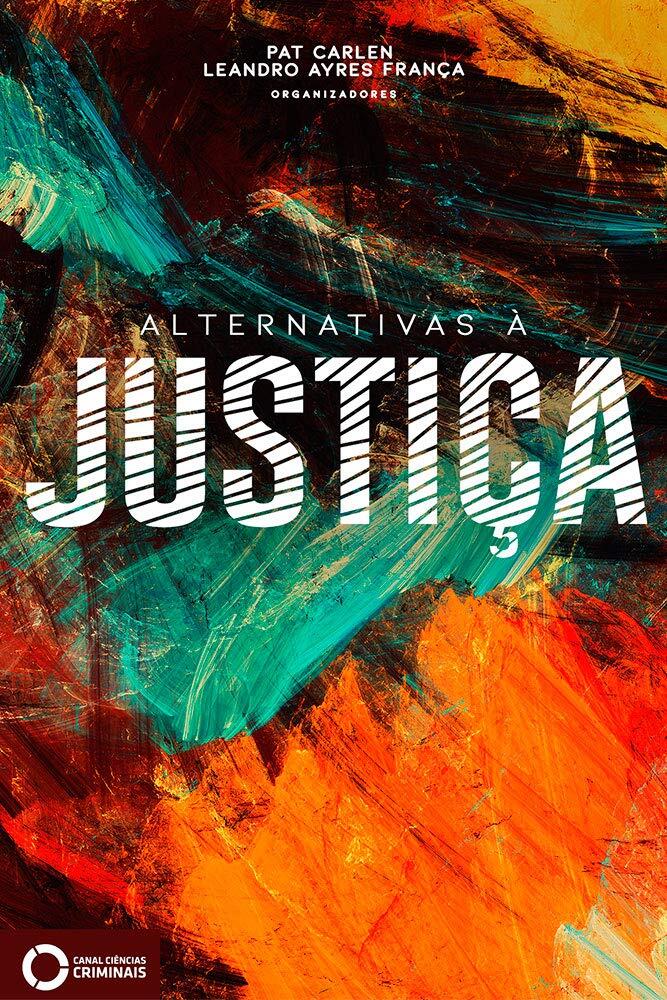
Alternativas à justiça
まだ評価がありません
Business & Economics
形式
キンドル
ページ数
579
言語
ポルトガル語
公開されました
Aug 25, 2019
出版社
Canal Ciências Criminais
ISBN-10
8592712483
ISBN-13
9788592712488
説明
In the exploration of justice, two prominent thinkers delve into the complexities and nuances surrounding the very concept that governs societal order. Pat Carlen and Leandro Ayres Franca embark on a comprehensive examination of alternatives to traditional judicial practices, highlighting how these alternatives can reshape perceptions of law and equity. They invite readers to reconsider what justice truly means beyond the confines of courtroom decisions and punishment.
Through a blend of theoretical insight and empirical research, the authors illuminate various models that prioritize restorative practices, community engagement, and social equity. By analyzing case studies and drawing from diverse perspectives, Carlen and Franca emphasize the importance of context and cultural understanding in the pursuit of justice. Their work challenges the reader to think critically about existing systems and the potential for transformation within them.
The narrative is enriched by thought-provoking discussions that engage with contemporary debates in the field of criminology, sociology, and legal theory. It encourages a re-evaluation of prevailing assumptions about punishment and rehabilitation, suggesting that a more humane approach may lead to genuine social change.
With clarity and depth, they provoke a necessary dialogue about how justice can be reimagined in a way that serves communities rather than merely punishes individuals. Their inquiry stands as a testament to the dynamic nature of justice and its vital role in forging harmonious societies.
Through a blend of theoretical insight and empirical research, the authors illuminate various models that prioritize restorative practices, community engagement, and social equity. By analyzing case studies and drawing from diverse perspectives, Carlen and Franca emphasize the importance of context and cultural understanding in the pursuit of justice. Their work challenges the reader to think critically about existing systems and the potential for transformation within them.
The narrative is enriched by thought-provoking discussions that engage with contemporary debates in the field of criminology, sociology, and legal theory. It encourages a re-evaluation of prevailing assumptions about punishment and rehabilitation, suggesting that a more humane approach may lead to genuine social change.
With clarity and depth, they provoke a necessary dialogue about how justice can be reimagined in a way that serves communities rather than merely punishes individuals. Their inquiry stands as a testament to the dynamic nature of justice and its vital role in forging harmonious societies.
